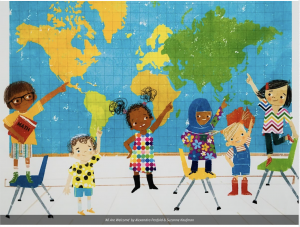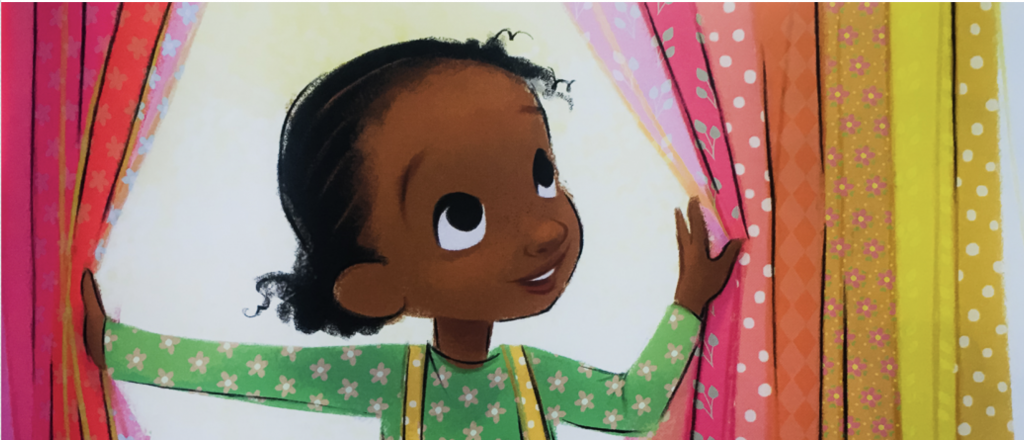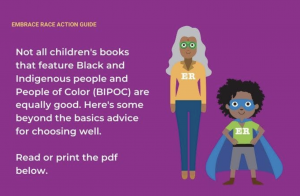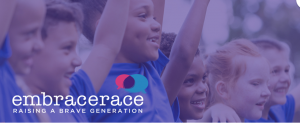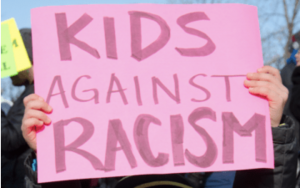Talking with Children About Race
There’s no question: talking about race and racism can be sensitive, uncomfortable, painful. But most of all, it is necessary. Now more than ever. Context of these discussions will by necessity vary from family to family, and there is no “one way” to address the issue.
We’ve curated a list of articles and resources that may be of help for parents seeking tools to build dialogues about race into children’s lives early on. Let’s get the conversation started!
- Anti-Racism For Kids 101: Starting To Talk About Race
If you’re nervous about talking about race with your kids, these books about racial diversity will give you an easy place to start destigmatizing difference and celebrating racial diversity.
- Representation in children’s literature is crucial to beginning conversations about race with your children. Here is a list of stories with black protagonists written by powerful black female voices. Try including some in your child’s library.
- Representation in children’s literature is important to effecting long-term change. Check out this list of 30 picture books centering around black male characters. Make it your goal to expose children to a full spectrum of characters in the stories you read.
- Change begins with a conversation: with our friends and neighbors, with our children, with ourselves. EmbraceRace provides many tools for parents to raise a generation of children who are “thoughtful, informed, and brave about race.” Let’s get the conversation started!
- Dismantling patterns of racism and injustice in our communities includes talking with our children. Making change in our future begins with difficult and uncomfortable conversations, as well as educating and providing children tools to understand race, racism, and racialized violence. Here is an extensive list of resources by Center for Racial Justice in Education to help parents lay the groundwork to oppose injustice.
As cultural organizations serving the people of Chicago, we stand in unified opposition to racism and injustice. We must each wrestle with the persistent stain of systemic inequality and its devastating impacts on our staff, members, guests and neighbors.
Read Aloud Stories to Share
Say Something by Peter H. Reynolds. Read along with our Director of Education and learn how powerful your voice is and the importance to say something.
Museum Director of Education Erika reads this ode to self-respect, self-worth, and loving who you are. You can make change around you by respecting others and being kind. “We are all here for a purpose. We are more than enough. We just need to believe it.”
I Am Enough, by actor and activist Grace Byers and Keturah A. Bobo
